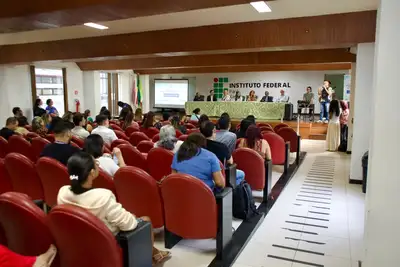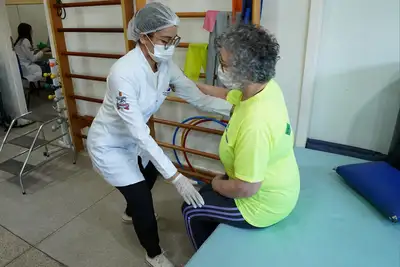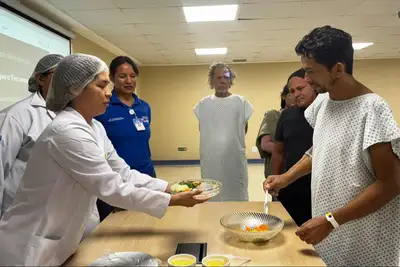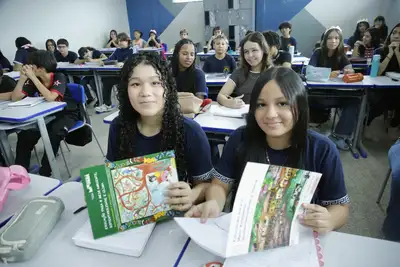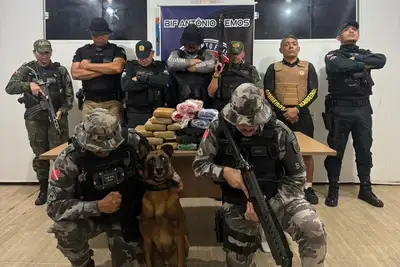Semas presents advances of the Jurisdictional REDD+ System at COP30
The Secretariat also highlighted the strategic and social role of strengthening public policies to combat deforestation, forest conservation, and bioeconomy
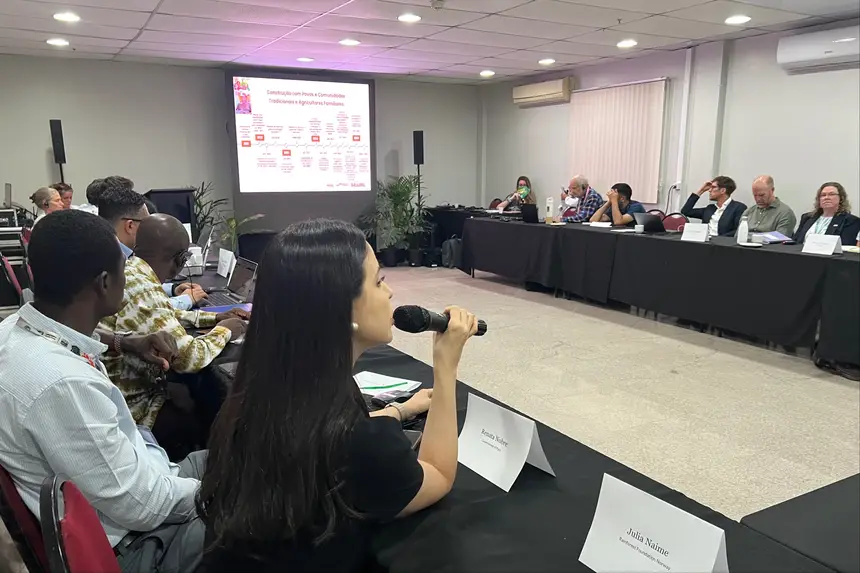
The Government of Pará, through the State Secretariat for the Environment, Climate and Sustainability (Semas), participated on Thursday (13), along with the LEAF Coalition, in two panels promoted by the non-profit organization Emergent Climate, at the Andrade Hangar Hotel, as part of the COP30 program in Belém.
In the agendas, Semas highlighted structural advances in the construction of the Jurisdictional REDD+ System (SJREDD+) and the strategic role of philanthropy in strengthening public policies to combat deforestation, forest conservation, and bioeconomy.
During the first event, the Deputy Secretary of Semas, Renata Nobre, emphasized that Pará has consolidated, in recent years, large-scale policies for reducing deforestation and degradation, conservation, and forest restoration. According to her, philanthropic action, especially through the Norway Forest Fund, was decisive in strengthening governance, qualifying technical teams, and allowing communities to effectively participate in the development of the jurisdictional system.
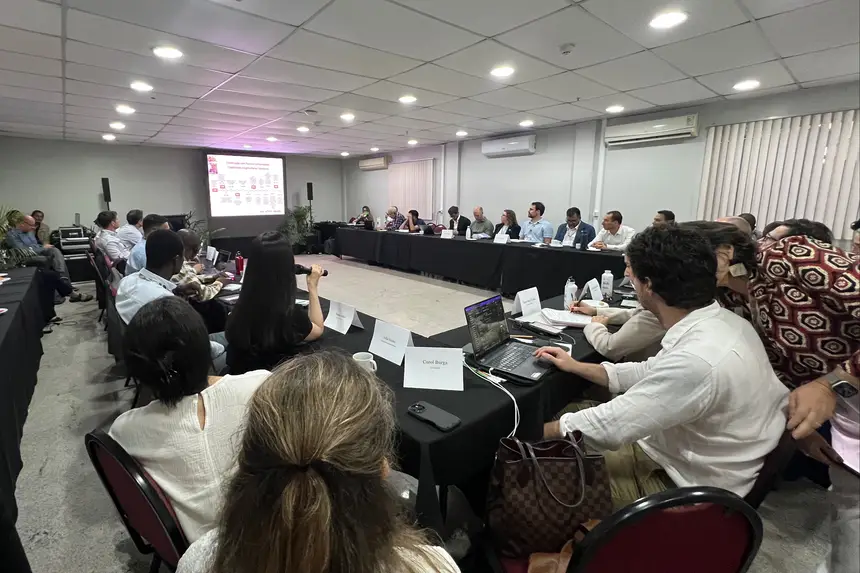
“Pará has moved from a scenario of institutional fragility to achieving an unprecedented capacity for dialogue, territorial mobilization, and joint construction. Philanthropy has filled a fundamental gap for the State to have the structure, knowledge, and autonomy to develop its own jurisdictional system,” highlighted the deputy secretary.
Renata recalled that the State is in the process of conducting 47 prior consultations, an unprecedented number in Brazil, to hear extractivists, quilombola communities, indigenous peoples, and family farmers. Only among extractivist communities, all planned rounds have already been completed, resulting in a robust set of demands regarding benefit-sharing and territorial priorities.
In the second event, in the afternoon, the manager detailed the lessons learned in this process, including challenges, and emphasized that the process follows international standards, based on ILO Convention 169 and Conama Resolution 19. To ensure effective participation, the government conducted internal training, simplified (and continues to simplify as needed) technical language, and took the consultations to the territories indicated by the communities themselves.
Renata concluded by stating that Pará remains committed to a transparent, inclusive, and technically solid construction of the SJREDD+, highlighting that prior consultations are essential for the State to advance with social and environmental justice and climate integrity.



